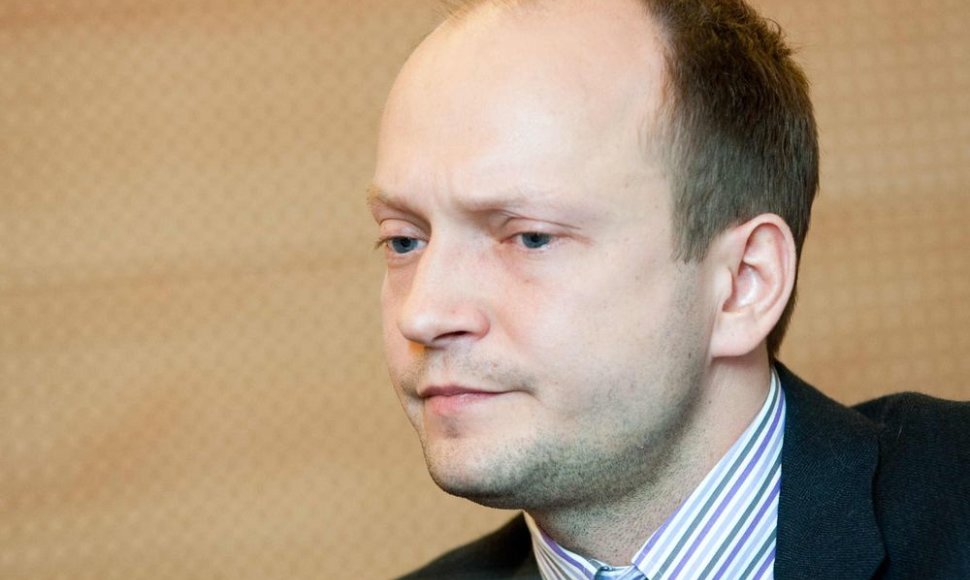"The only way is to apply to the WTO and the European Commission through diplomatic channels and provide very clear arguments showing that Lithuanian exporters are being discriminated against and that their products are being subjected to restrictions without objective reasons, because other countries that import Lithuanian products do not find the unauthorized substances mentioned by the Russian consumer rights protection service," he told BNS.
However, in Mačiulis' opinion, Russia will not be able to keep these restrictions on Lithuanian dairy product imports in place for long, because Lithuania is a WTO member and because such a "rude" behavior toward an EU member state will not go unnoticed.
"In this situation, Russia is using this economic leverage to achieve its political goals, which is what Lithuania has to understand and what, I think, other EU member states understand as well. Russia has its own political motives, arguments. It's not clear if we know them," he told BNS.
EU Trade Commissioner Karel De Gucht last Wednesday advised maintaining calm and turning to the WTO in case of a "trade war" with Russia. Lithuanian Prime Minister Algirdas Butkevičius said a day later that Lithuania was not considering turning to the organization.












